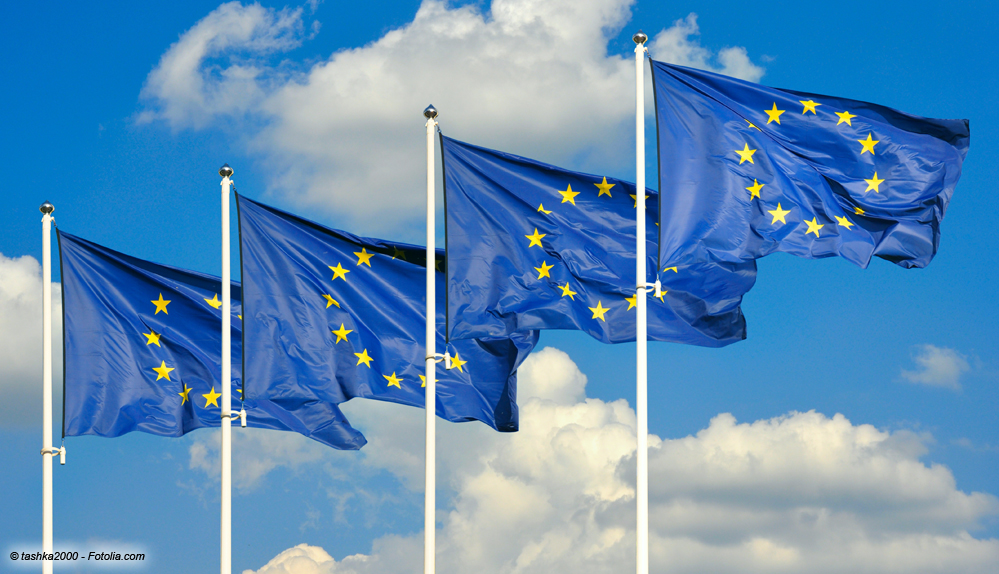By 2030, everyone in Germany should have access to fast broadband internet. The EU Commission has now cleared the way for further funding. But Germany is lagging behind.
Germany is allowed to support the expansion of fast broadband Internet with a further 26 billion euros. EU Commission approved a corresponding application from the Federal Republic. The funding was actually supposed to expire at the end of next year, but has now been extended for a further three years, as the EU authority announced. The funding aims to provide every household, company and public institution in Germany with access to a fast gigabit network by 2030.
Germany below the EU average


In a European comparison, Germany is still lagging behind in the expansion of fast broadband networks, especially in rural areas: According to a report by the EU Commission, around 75 percent of households in Germany were connected to high-performance networks in 2023, which was below the EU average of 78.8 percent.
With the money, municipalities in underserved regions can, for example, commission an operator to build and operate the network in the region. According to the Commission, the infrastructure, such as pipes, cable distributors or fiber optic cables, as well as the equipment for the gigabit networks, are to be supported.
A total of 38 billion for broadband expansion in Germany


The European Commission had already approved German aid plans of up to twelve billion euros in November 2020. This funding for broadband expansion in Germany approved by the Commission now amounts to a total of 38 billion euros. Half of the funding will be provided by the federal government and half by the states and municipalities.
In the EU, strict rules apply when the state wants to pump money into companies. Under certain conditions, member states can do this to promote the development of certain sectors of the economy. The EU Commission examines, for example, whether state funding is actually necessary and appropriate. It also examines whether the funding will distort competition. Applications for funding can be submitted by municipalities, districts, municipal associations, companies that are exclusively publicly owned and city states.
Text: dpa / Editor: Felix Ritter
Image source:
- Flags Europe: © tashka2000 – Fotolia.com
- fiber optic internet:
Source: www.digitalfernsehen.de


